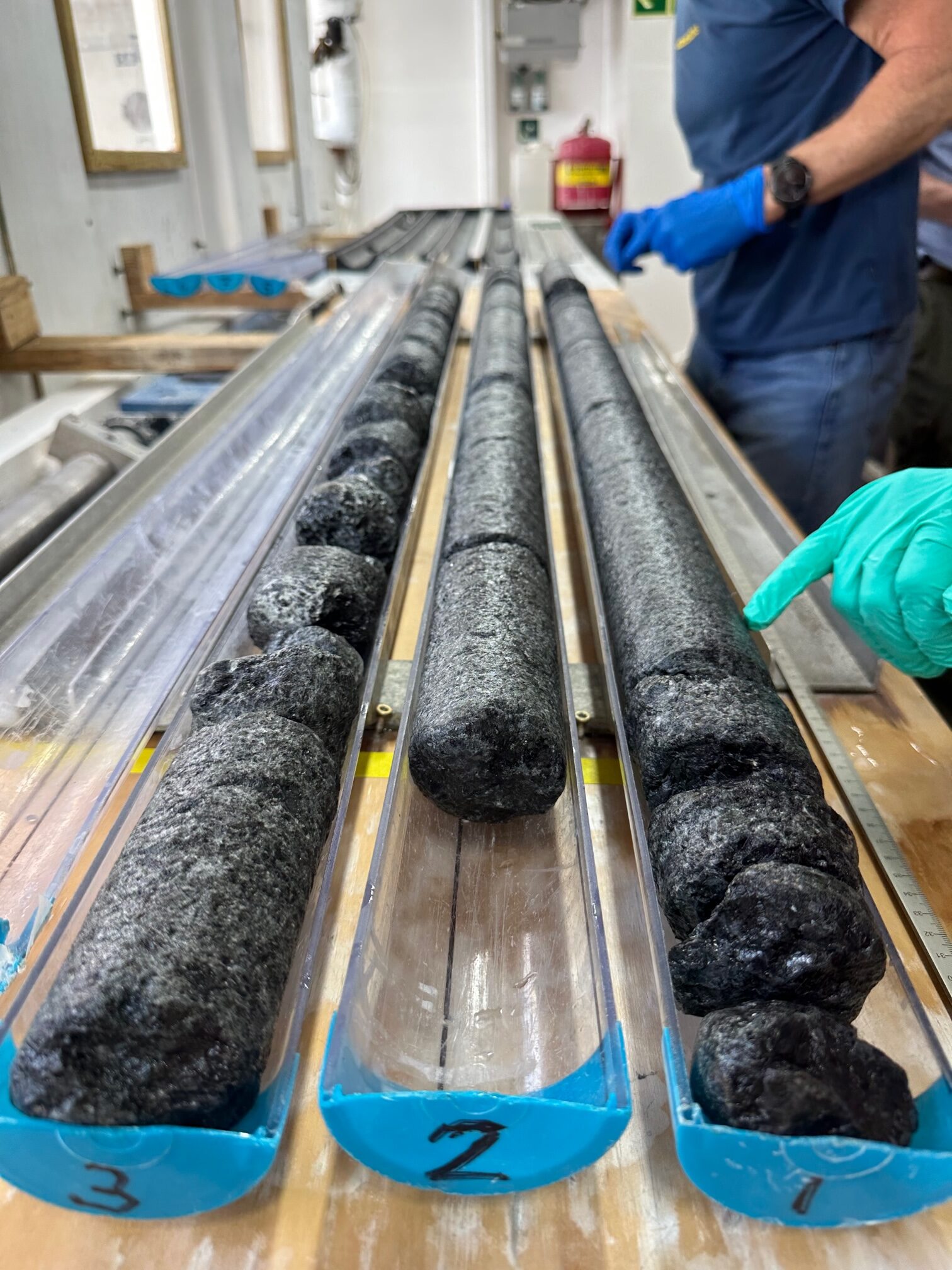A groundbreaking study has unveiled a new era in neuroscience as scientists successfully controlled the behavior of mice remotely using magnetic nanoparticles.
The Development of Nano-MIND Technology
Researchers at the Institute for Basic Science (IBS) in South Korea have developed a revolutionary technology dubbed Nano-MIND (Magnetogenetic Interface for NeuroDynamics). This innovative approach involves implanting tiny magnetic nanoparticles into specific regions of the brain. By applying an external magnetic field, scientists can precisely manipulate these nanoparticles, effectively activating or deactivating neural circuits.
Experimental Success: Controlling Mouse Behavior
Implications for Neuroscience and Medicine
The implications of this breakthrough are profound. Scientists can now explore the intricacies of the brain with unprecedented precision, potentially leading to advancements in understanding and treating neurological disorders such as Parkinson’s disease, depression, and addiction. Moreover, this technology opens doors to developing novel therapies that target specific brain regions with pinpoint accuracy.
While the ethical considerations surrounding such research are undeniable, the potential benefits for human health and our understanding of the brain are immense.







